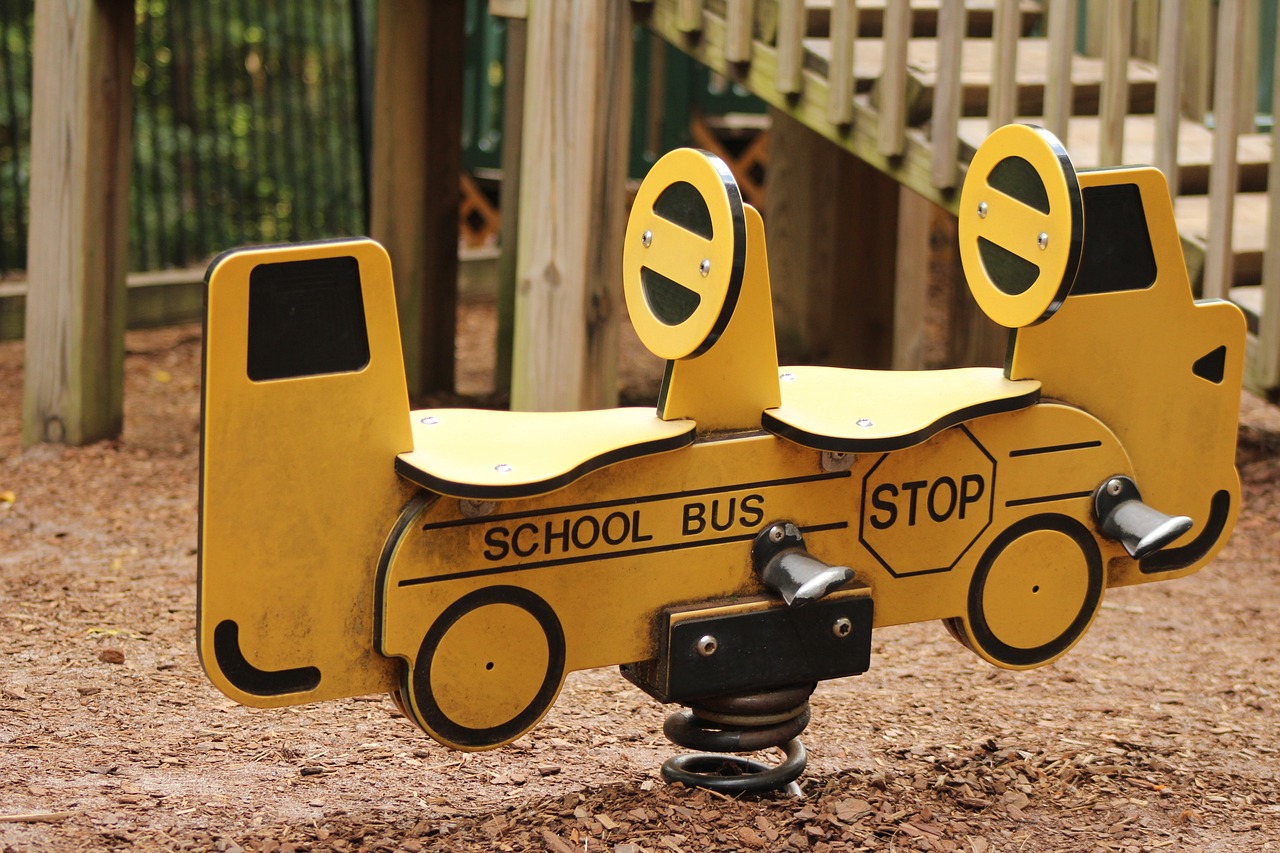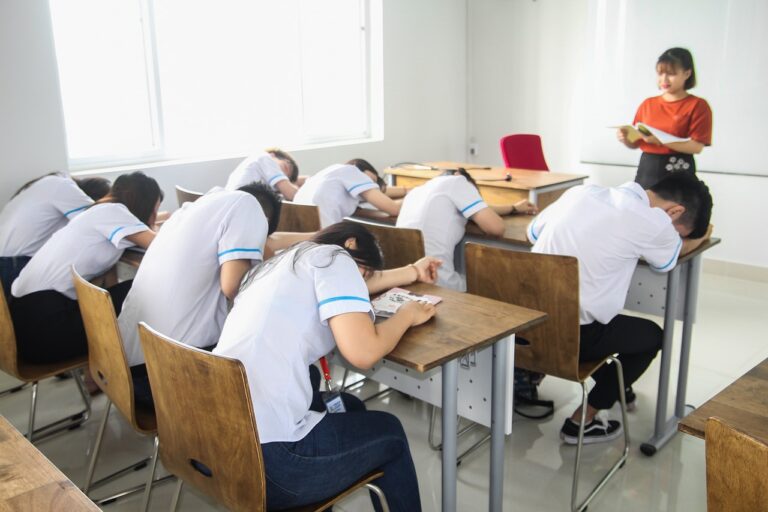Exploring the Role of Debate Clubs in Education: Fostering Critical Thinking and Communication Skills
Debate clubs play a crucial role in shaping students’ academic experience by providing a platform where individuals can develop essential skills. Through engaging in debates, students enhance their critical thinking abilities by examining different perspectives and formulating well-reasoned arguments. This practice encourages students to think analytically and evaluate information effectively, fostering a habit of questioning conventional wisdom and seeking in-depth understanding.
Moreover, debate clubs also contribute to improving students’ communication skills. By participating in debates, students learn how to articulate their thoughts clearly and persuasively, as well as how to engage in constructive dialogue with their peers. The ability to communicate effectively is vital in various aspects of life, and debate clubs serve as a practical setting where students can hone their speaking and listening skills to become proficient communicators.
The Impact of Debate Clubs on Critical Thinking Skills
Participating in debate clubs can greatly enhance students’ critical thinking skills. Through researching and formulating arguments on various topics, students are able to analyze information from different perspectives and develop a deeper understanding of complex issues. This process of critical analysis and evaluation helps students strengthen their logical reasoning and problem-solving abilities.
Debate clubs also require students to think quickly on their feet and respond to counterarguments effectively. By engaging in debates, students learn to think critically in real-time situations, where they must defend their viewpoints with solid reasoning and evidence. This dynamic exchange of ideas challenges students to think critically under pressure, fostering quick thinking and the ability to adapt their arguments based on new information or opposing viewpoints.
Enhancing Communication Skills Through Debate Clubs
Participation in debate clubs offers students a unique opportunity to hone their communication skills. By engaging in structured discussions and arguments, students learn how to articulate their thoughts clearly and persuasively. They are encouraged to think on their feet, respond to opposing viewpoints effectively, and present their ideas in a logical and organized manner.
Moreover, debate clubs provide a platform for students to practice active listening. Through listening to their peers’ arguments attentively, students develop empathy, improve their understanding of different perspectives, and enhance their ability to engage in respectful dialogues. This active listening skill not only strengthens their communication skills but also fosters a culture of open-mindedness and cooperation within the club.
What are some benefits of participating in debate clubs?
Debate clubs help improve critical thinking skills, enhance communication abilities, boost confidence, and develop the ability to think quickly on your feet.
How do debate clubs impact critical thinking skills?
By engaging in debates, students learn how to analyze information, form logical arguments, and think critically about various issues, which in turn enhances their critical thinking skills.
How can debate clubs enhance communication skills?
Debate clubs provide opportunities for students to practice and improve their public speaking, argumentation, and persuasion skills, which are essential components of effective communication.
Are debate clubs beneficial for students outside of the classroom?
Yes, participating in debate clubs can help students develop valuable skills that are applicable in various aspects of their lives, such as in future careers, social interactions, and personal relationships.







